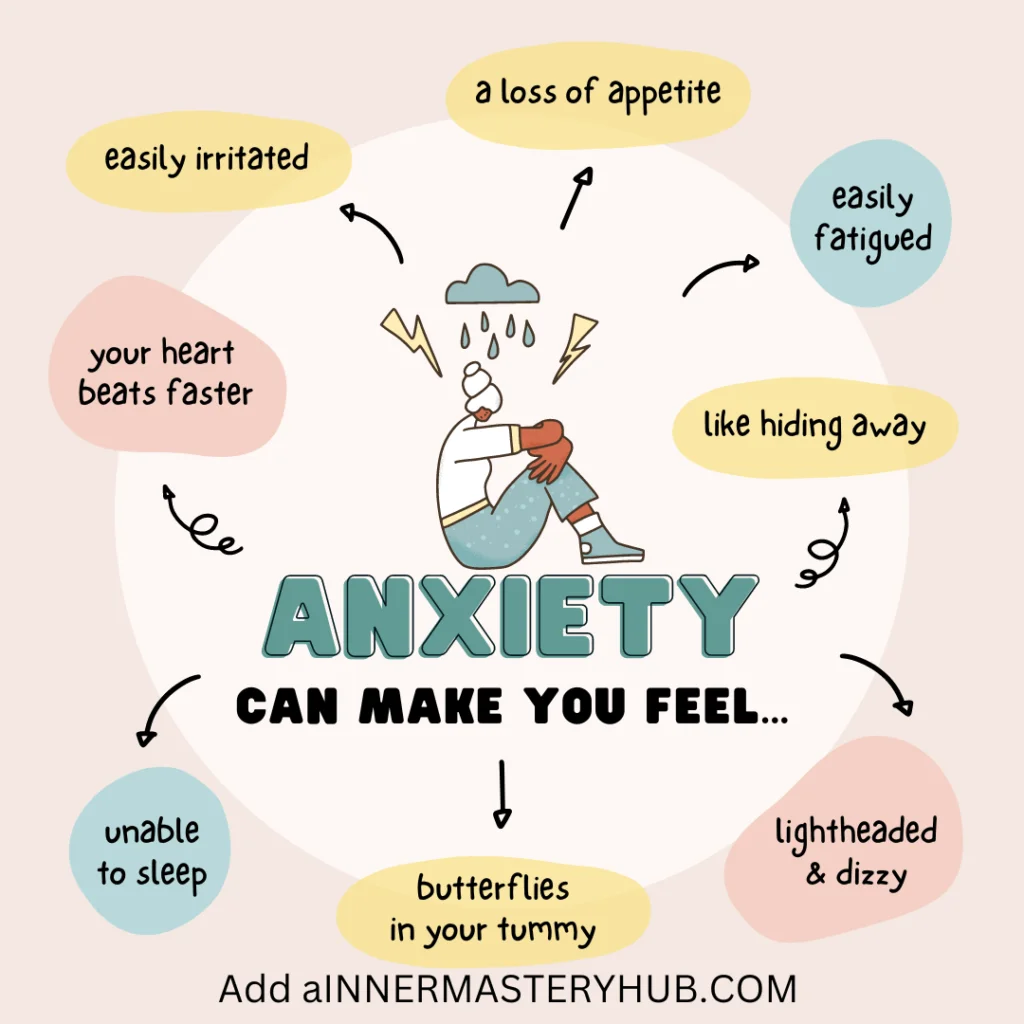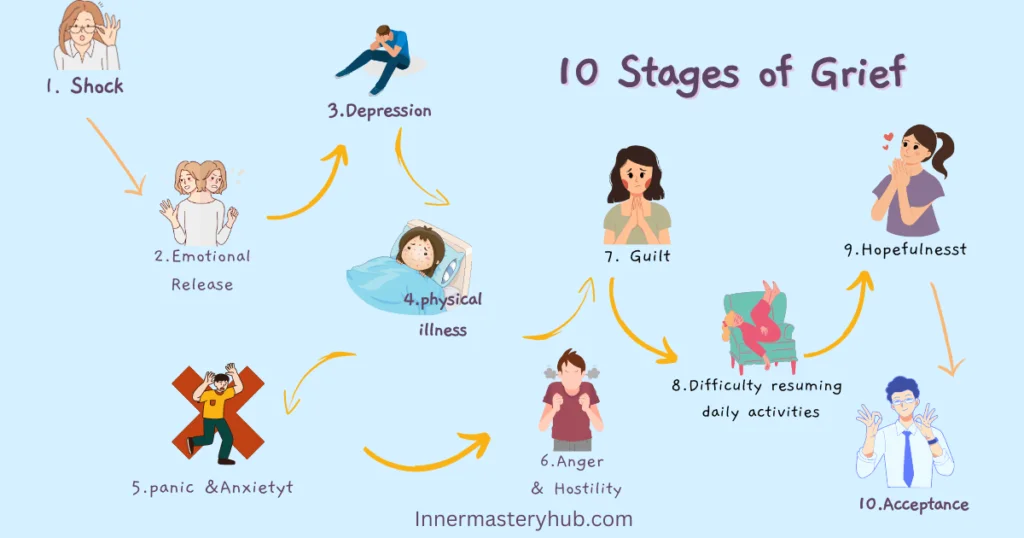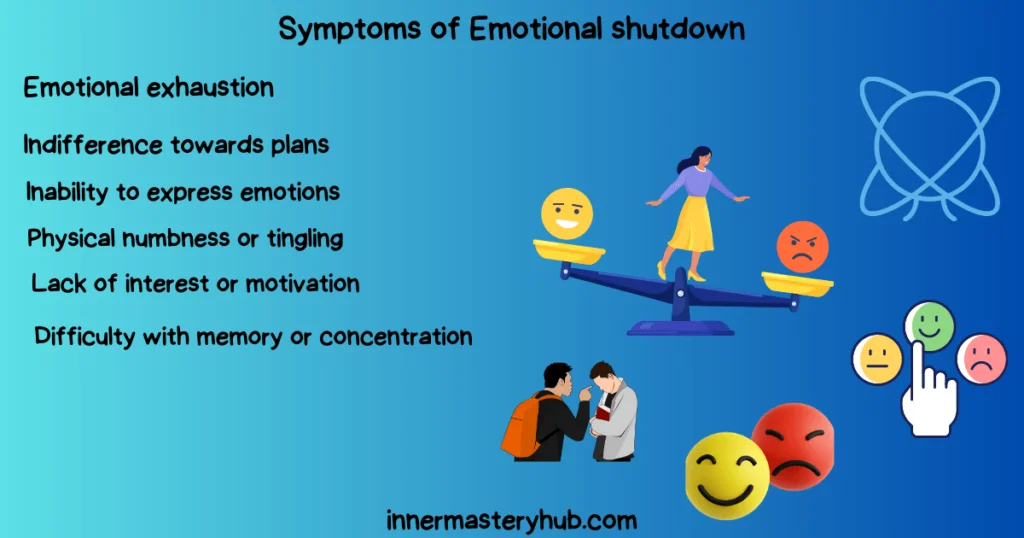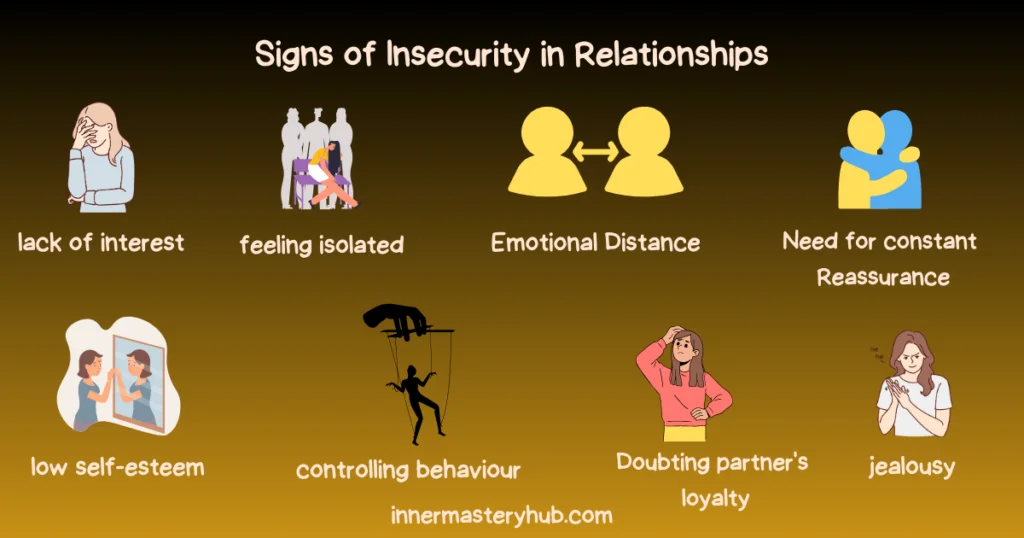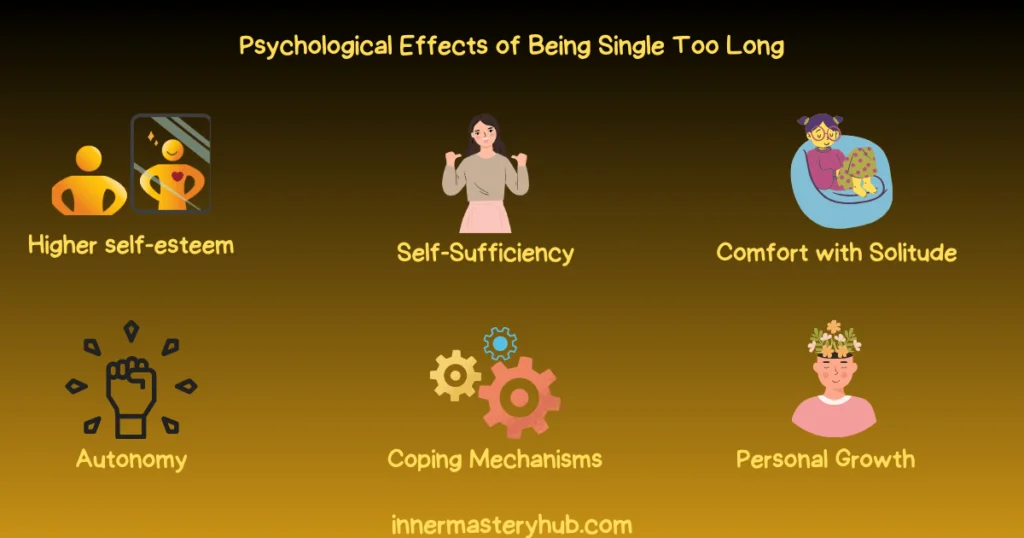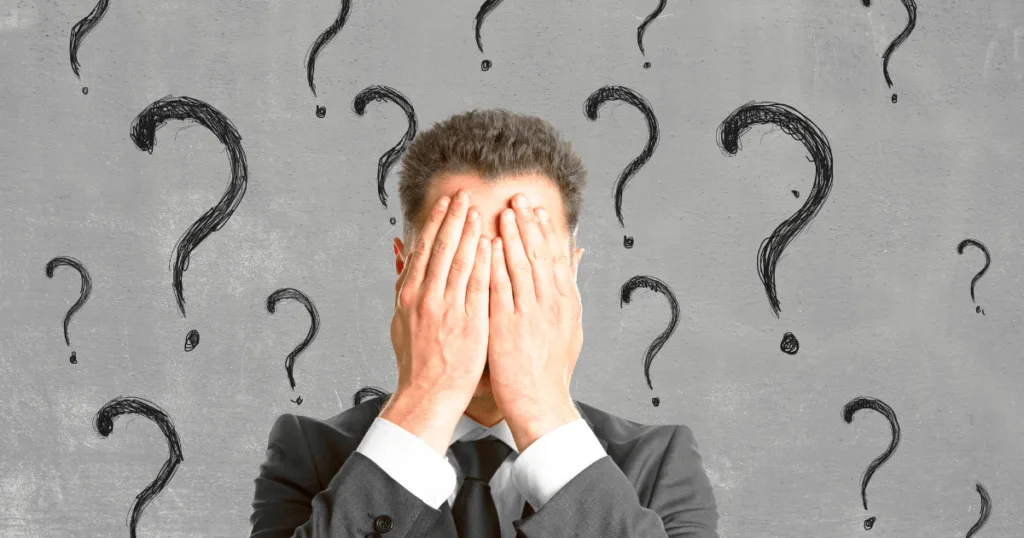
Power is a fascinating concept. It has the potential to accomplish great things, but it also has the potential to cause immense harm. It’s no surprise that many individuals are afraid of power.
But what does it mean to have a fear of power? Is it a fear of being powerful or of those who are powerful? It’s most likely a combination of the two.
On the one hand, we may be afraid of authority since it entails responsibilities. We are responsible for the well-being of others when we have power. We must make decisions that will significantly influence people’s lives. This can be demanding, so some people prefer to avoid it.
Conversely, we may have a ‘Fear of Power” because we fear it will be exploited. We all know that power corrupts, and those who wield it can harm others. This is why it is critical to hold individuals in positions of power responsible.
Table of Contents
What is Fear of Power?
Marianne Williamson wrote, “Our deepest fear is not that we are inadequate. Our deepest fear is that we are powerful beyond measure.”
Fear of power is a mental health issue defined by an unreasonable or excessive dread of power or influential people. It can appear in a variety of ways, including anxiety, panic attacks, and avoidance of situations with power.
People afraid of power may shun leadership positions, avoid being in the spotlight, or be hesitant to make decisions. They may also be wary of persons in positions of power, believing that they are constantly attempting to influence or dominate others.
RELATED: Codependency vs. Interdependency
Causes of fear of power
Power fear can be caused by many reasons, including:
Personal experiences:
Traumatic power experiences, such as abuse or neglect, might increase the likelihood of developing a fear of power.
Cultural influences:
Some civilizations instil fear of power and authority in their followers. In some cultures, children are trained to respect their parents and elders. This can result in a dread of power as an adult.
RELATED: Complexities of Racial Ambiguity
Mental Health Conditions:
Fear of power has been linked to a variety of mental health issues, including anxiety disorders, social anxiety disorder, and post-traumatic stress disorder (PTSD).
RELATED: Pent-Up Aggression
Overcoming Fear and Embracing Power
People limiting their power because they fear being alone seems counterproductive. How can we become “powerful beyond measure” without worrying about being alone? Building our strength can indeed separate us from others.
We may feel less connected to others and vice versa. We can validate our emotions instead of dismissing this possibility. That’s OK. Otherwise, we can get so confused that we feel alone when we should be most connected.
Second, if we can accept this danger, we can pursue power with a healthy awareness of the prospect of existential isolation. This allows an option. We can consider the merits and downsides of achieving tremendous power.
Not everyone needs unlimited power. However, pursuing that power will be easier if we realize we may feel more alone. Thus, loneliness will be less scary.
Next, while we embrace and pursue our power in the world, we must endeavour to connect with mentors, peers, friends, family, spiritual advisers, and therapists to feel less alone. Not everyone will comprehend our situation. Just knowing that others share our fear can make us feel more connected.
Finally, embracing our power includes embracing our mission. The purpose is one of our best weapons against existential isolation. We are not alone when we have a purpose.
Our strongest relationship is with ourselves, which can connect us to the world. Ironically, the best connections are with people who support our mission and struggle. They will best aid us if we feel alone on our journey.
RELATED: Achieve Profound Transformation During a Soul-Crushing Life Crisis
The Emotional and Psychological toll
This includes:
Anxiety and stress: People who fear power may feel powerless when around powerful people. This can hinder their daily life.
Social isolation: People who fear power may avoid social events where they may feel forced to comply or be around powerful people. It can cause social isolation and loneliness.
Low self-esteem: People who fear authority may feel inferior to those in power and unworthy of achievement or happiness. Depression and low self-esteem can result.
Relationship issues: Power fear can disrupt partnerships. A person fearful of power may be afraid to exert themselves in a relationship or suspicious of their partner’s motives. It can cause tension and animosity.
In addition to emotional and psychological costs, fear of power can hurt job and social life. Fear of authority may prevent people from leading or speaking up in meetings. They may also network less with powerful people. This can hinder their success and growth.
Power costs more than just the one who fears it. It can also harm others. A person who fears power may bully or manipulate others to feel powerful. They may also evade responsibility and decision-making. Everyone involved may experience a hazardous work or social environment.
Professional help is needed for power phobia. A therapist can help you understand and manage your fear. You can conquer your fear and live more fully with time and effort.
Coping with a fear of power
Determine your triggers. What are the situations or individuals that frighten you the most? Once you’ve identified your triggers, you can work on developing coping methods.
Gradually expose yourself to authority. If you avoid all forms of strength, your fear will become stronger. Begin by exposing yourself to power in minor ways, such as chatting to an authority figure or presenting at work.
Confront your negative beliefs about power. Do you think power is always corrupting? That strong individuals are constantly attempting to harm others? These are most likely incorrect and contribute to your dread. Replace negative thoughts with more realistic and pleasant ones.
Seek expert assistance. A therapist can assist you in comprehending your fear and developing coping mechanisms.
Fear of power can be crippling, but it is a condition that can be overcome with time and effort. You can learn to manage your fear and live a full life by obtaining expert therapy and learning coping techniques.

